Parakeets are vibrant, cheerful, and loving pets, which is why thousands of people adopt them every year. They need tons of affection and interaction to remain healthy, but their diet is even more important. While you can support their need for conversation with anything you want to talk about, you need to feed them properly to keep them healthy for as long as they live. Most people already know to avoid foods like alcohol, chocolate, or salt, but there are many other ingredients to avoid. Here are the best and worst foods to give your parakeet.
WORST FOOD: Citrus Fruit
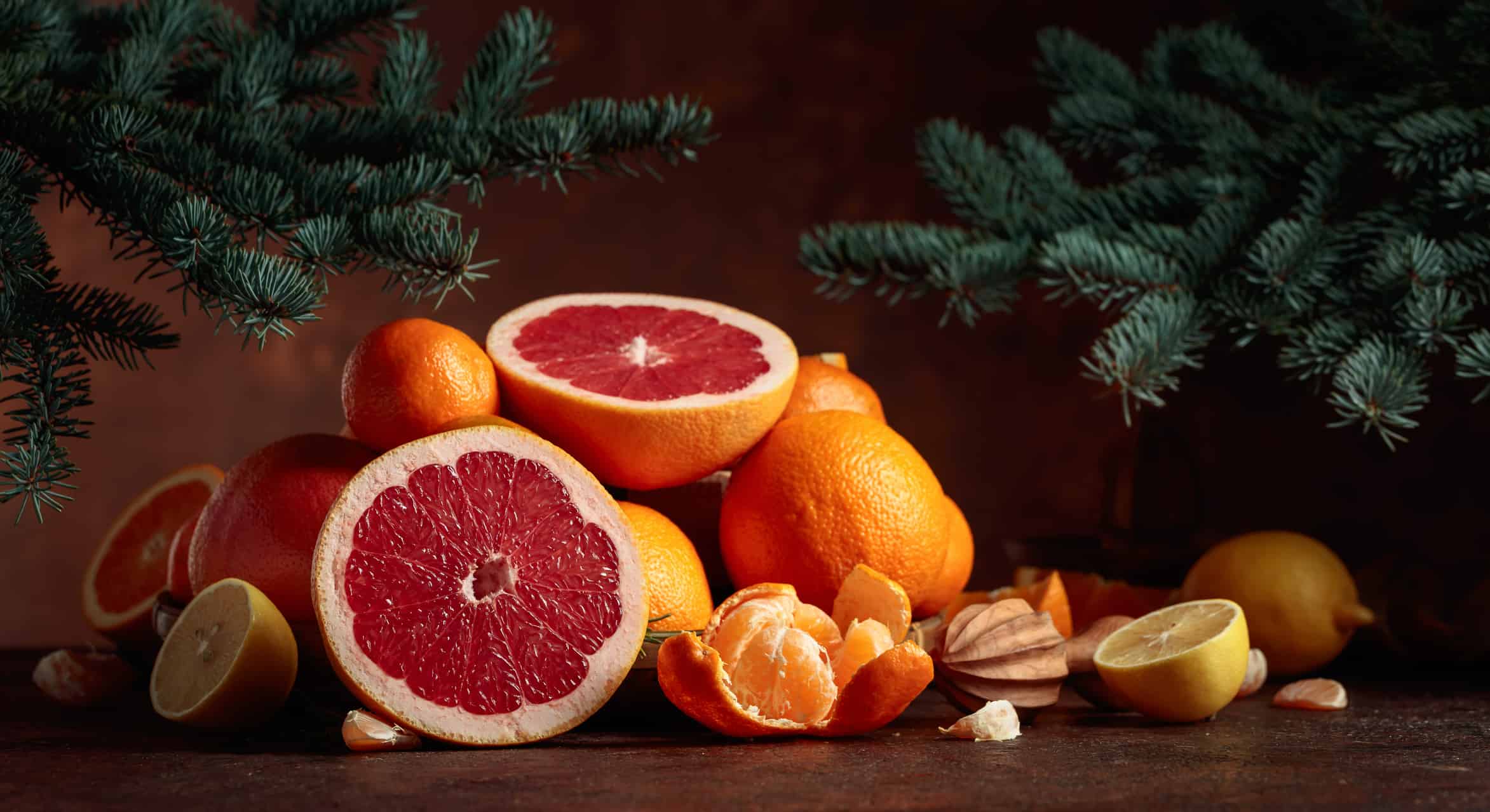
While you might like citrus fruit, do not give it to your parakeet.
©igorr1/iStock via Getty Images
Lemons, limes, and every other citrus fruit need to be avoided at all costs. While it doesn’t contain any poison, your parakeet’s digestive system can’t handle it. It will cause substantial disruption in the stomach, which could lead to other health issues down the line.
BEST FOOD: Bok Choy
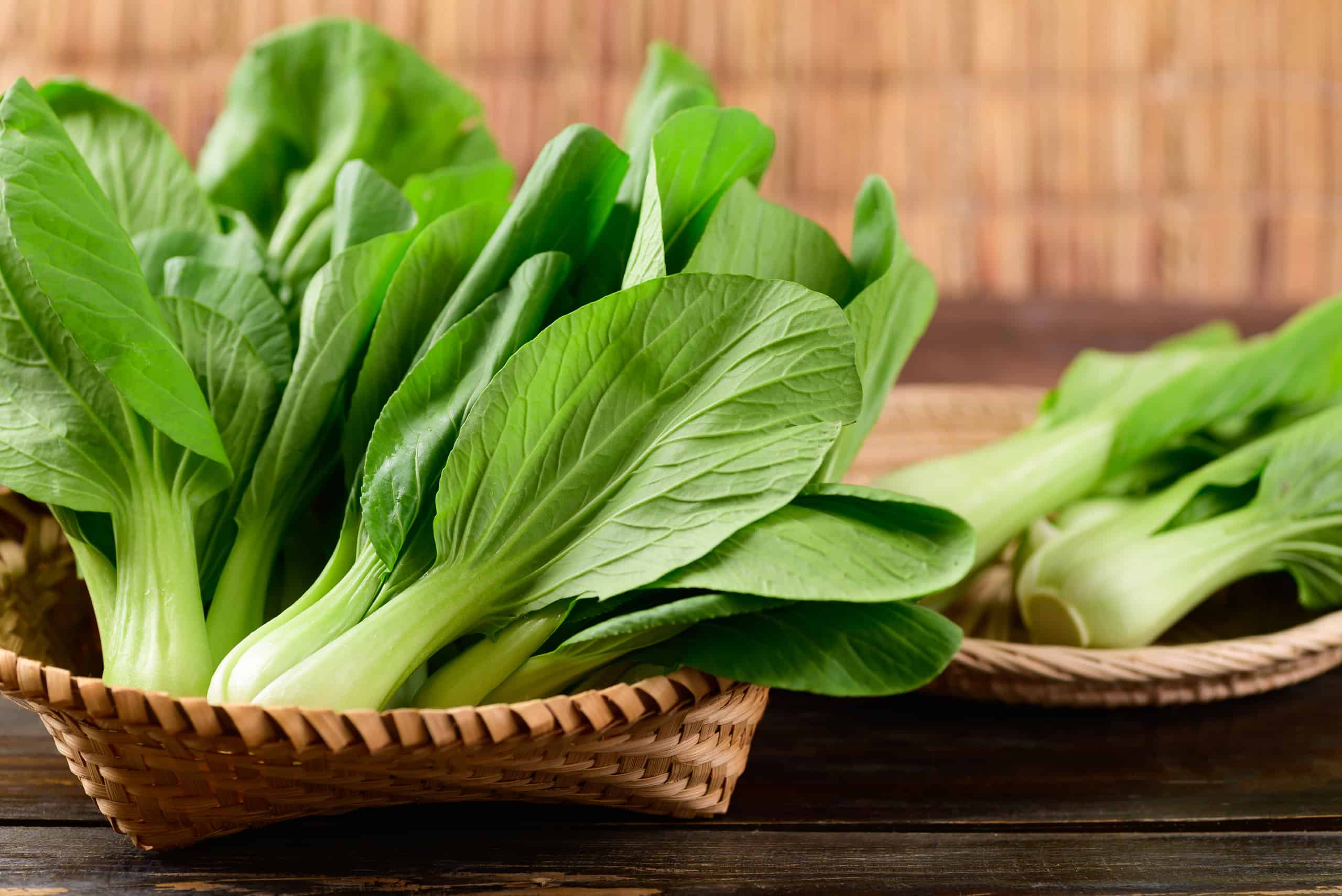
Bok choy is one of a parakeet’s favorite foods.
©Nungning20/Shutterstock.com
Having access to healthy and vibrant vegetables is a necessity for birds, and bok choy is an excellent option. As a dark leafy green, it is a rich source of antioxidants, vitamin C, folate, and beta-carotene.
WORST FOOD: Raw Beans
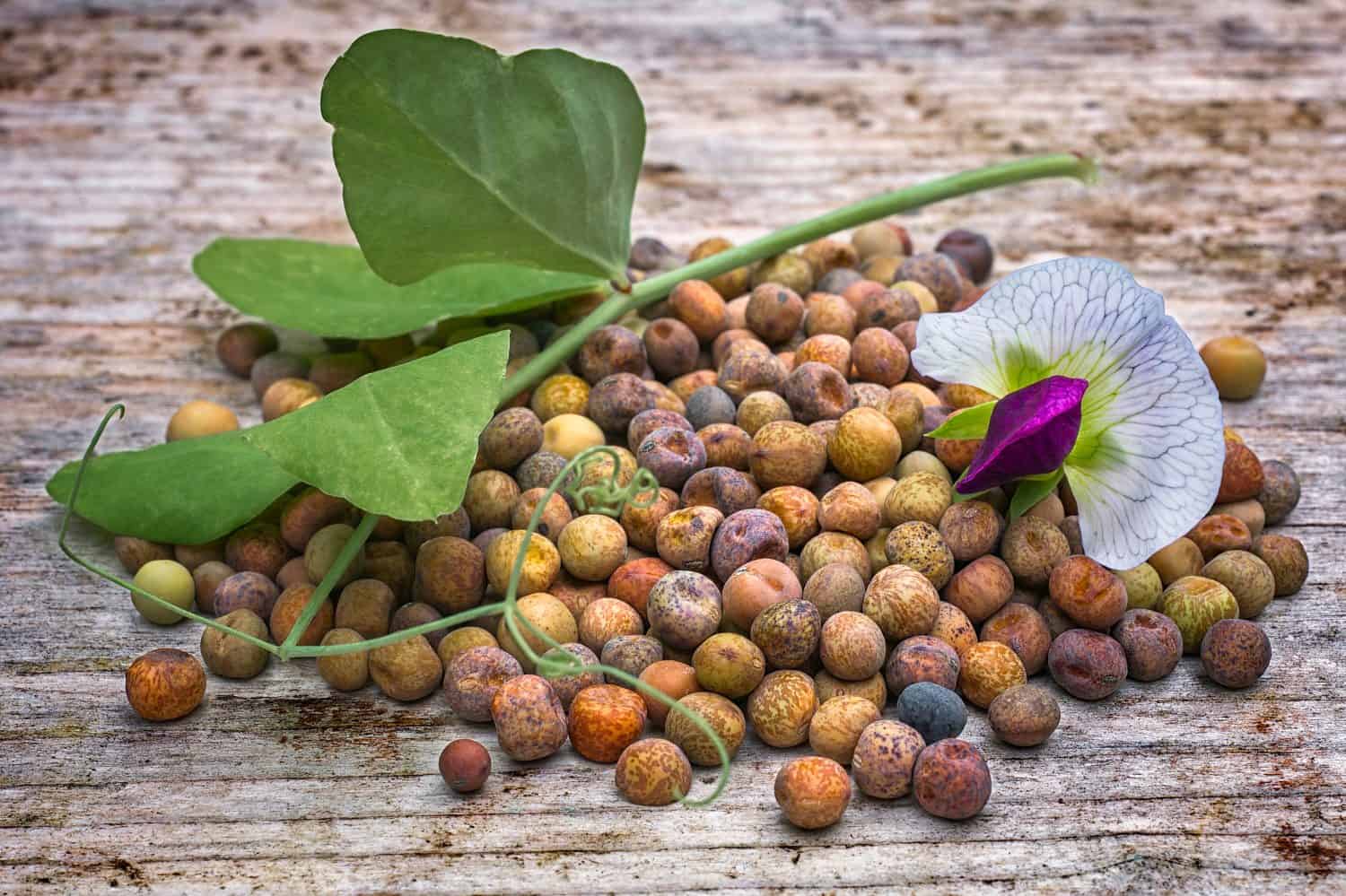
Raw beans are dangerous to birds because of their toxins.
©vainillaychile/Shutterstock.com
In beans, parakeets can be exposed to a toxin called hemagglutinin. This substance is dangerous to birds, and it can kill them quickly if you don’t know when they are consumed. If you serve your parakeet any beans, they need to be whole and sprouting rather than dry.
BEST FOOD: Broccoli
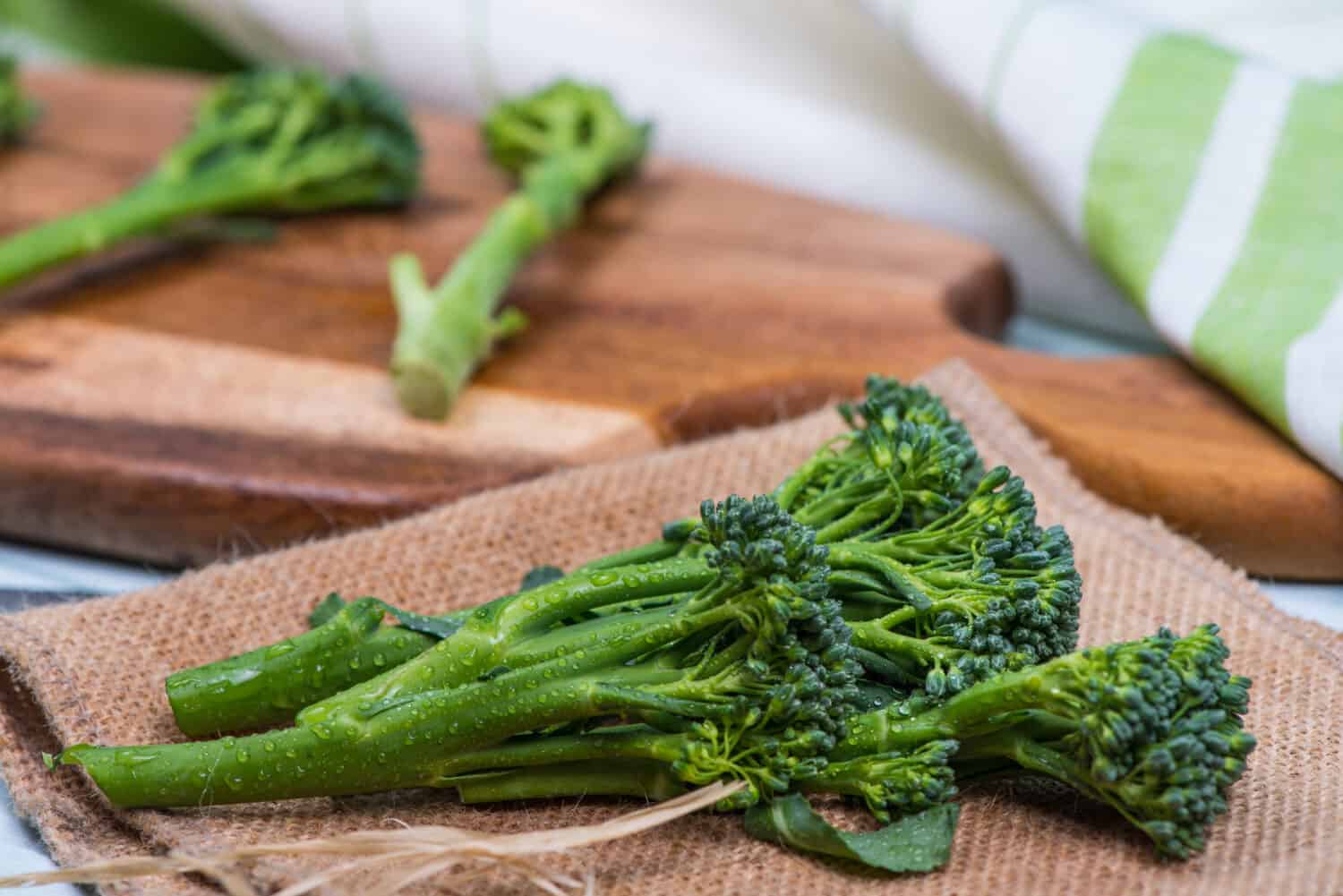
Like other green vegetables, broccoli is incredibly healthy for parakeets.
©marcin jucha/Shutterstock.com
Broccoli is one of the most nutritious foods for humans and parakeets alike. However, there are chemicals in this vegetable that may cause gas in the intestinal tract. Only give broccoli in moderation.
WORST FOOD: Cheese
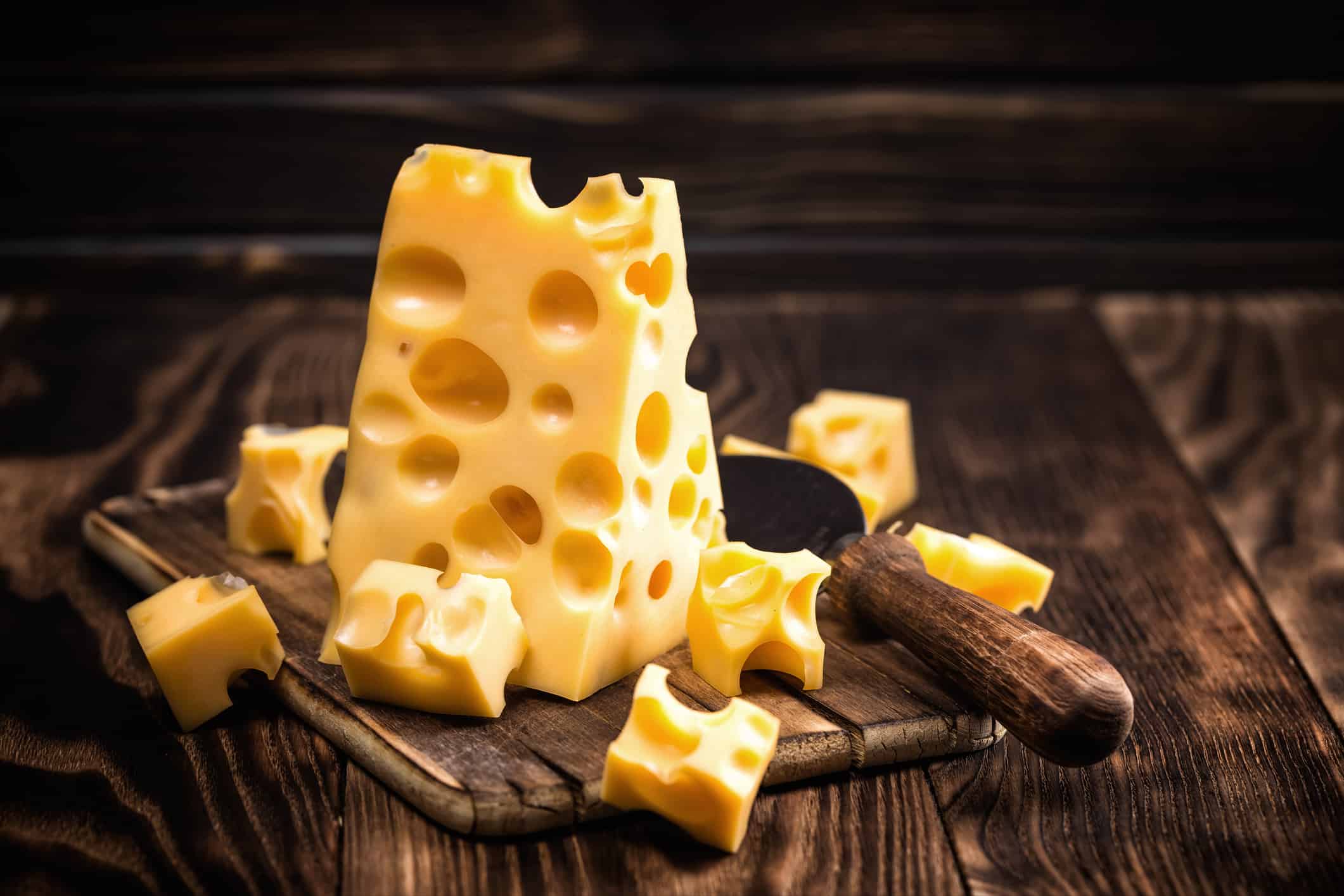
No dairy products should be given to your parakeet.
©ivandzyuba/iStock via Getty Images
Dairy is not a food group that needs to find its way into your parakeet’s diet. Their digestive system only needs an herbivorous diet, so avoid any foods that come from animals or animal byproducts.
BEST FOOD: Brussel Sprouts
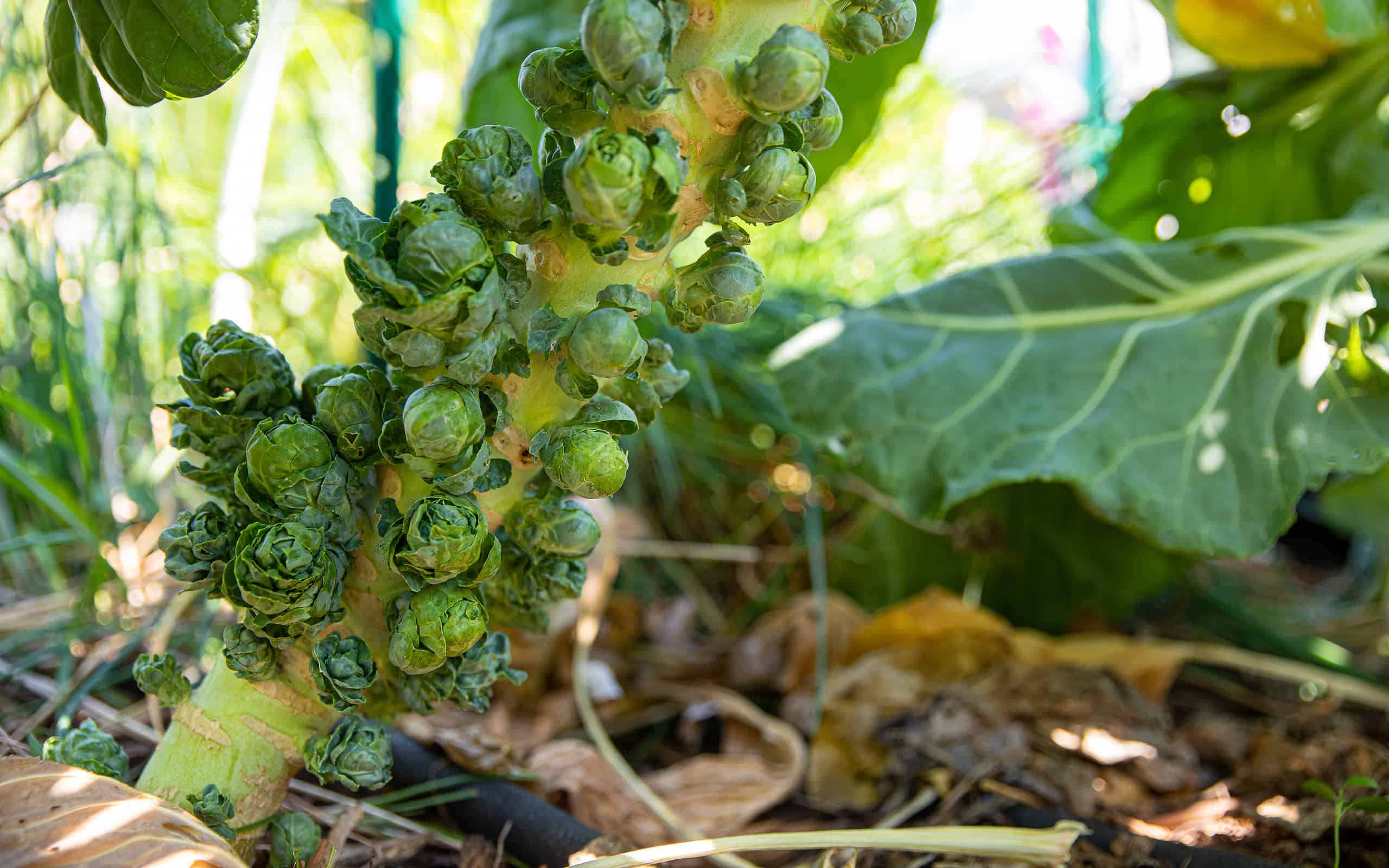
Brussels sprouts are a helpful and nutritious addition to the foods to give your parakeet.
©Dave Litterio/iStock via Getty Images
To give your parakeet a little variation in their diet, consider Brussels sprouts. Offering nutritious amounts of vitamin K, vitamin A, and folate, it supports your bird’s natural energy. However, like broccoli, it should only be offered in moderation.
WORST FOOD: Fish And Seafood
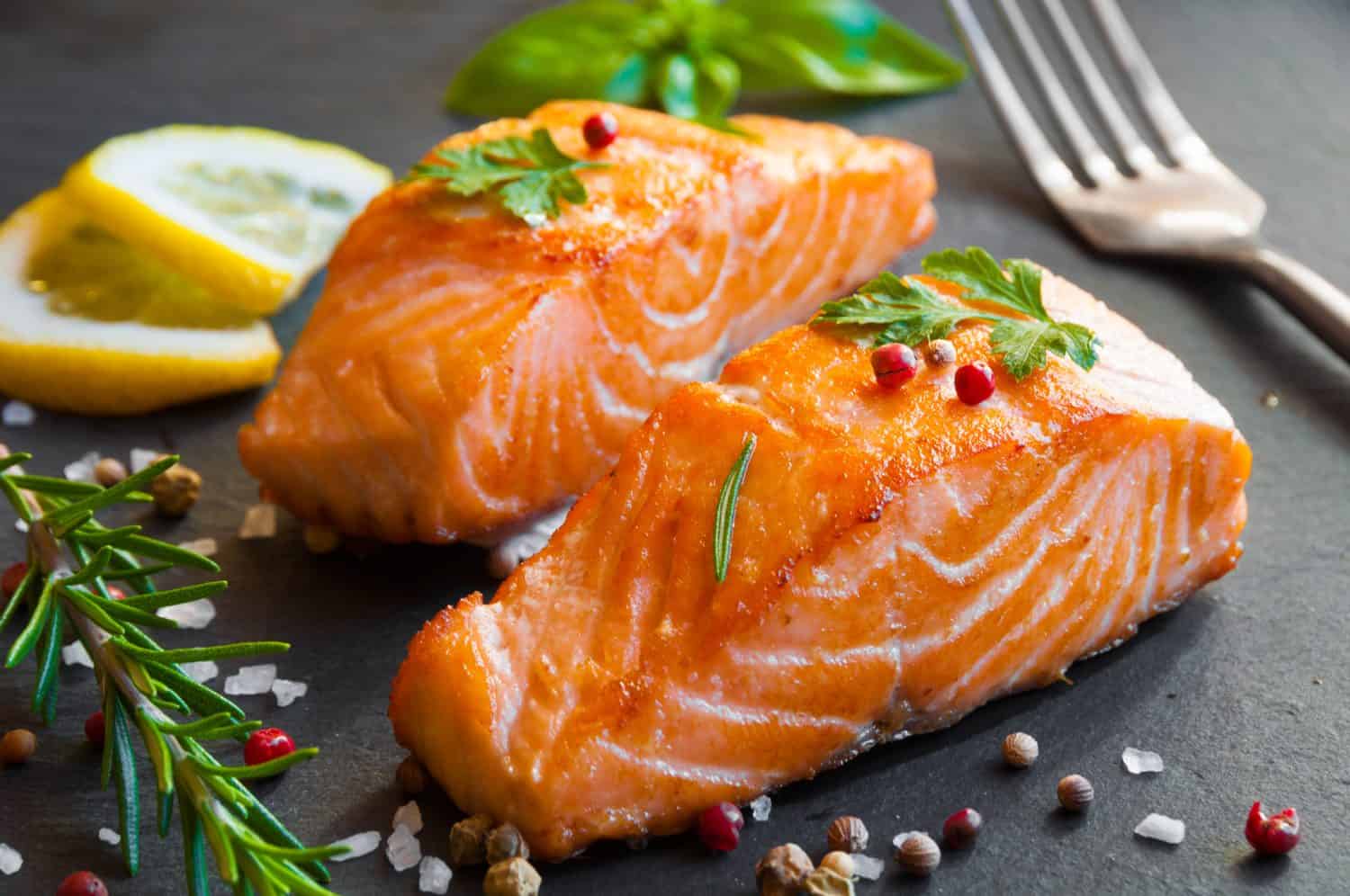
Never add fish, seafood, or any other meat to your parakeet’s diet.
©Maria_Usp/Shutterstock.com
Even though there are many birds who enjoy the taste of fish, your parakeet is not one of them. Avoid giving any meat to your parakeet. Their digestive system is not meant for the work that it takes to process meat, even if you provide meat that other birds enjoy.
BEST FOOD: Carrots
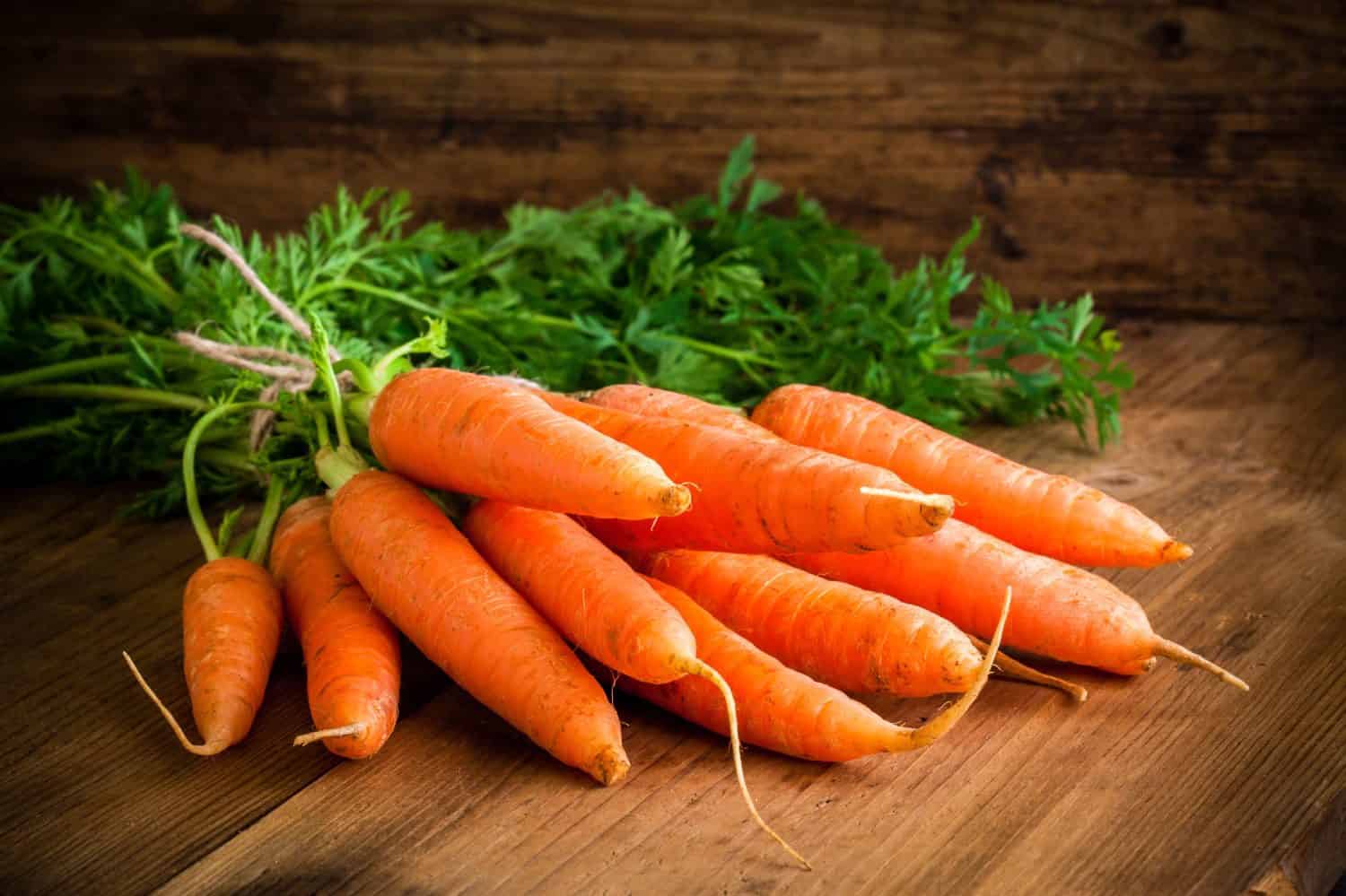
The texture of carrots offers healthy resistance for their beaks.
©nblx/Shutterstock.com
Carrots are high in beta-carotene, helping birds to improve their vision and overall health. The rigid texture of the carrots is healthy for their digestive system and in the maintenance of their beak size.
WORST FOOD: Avocados
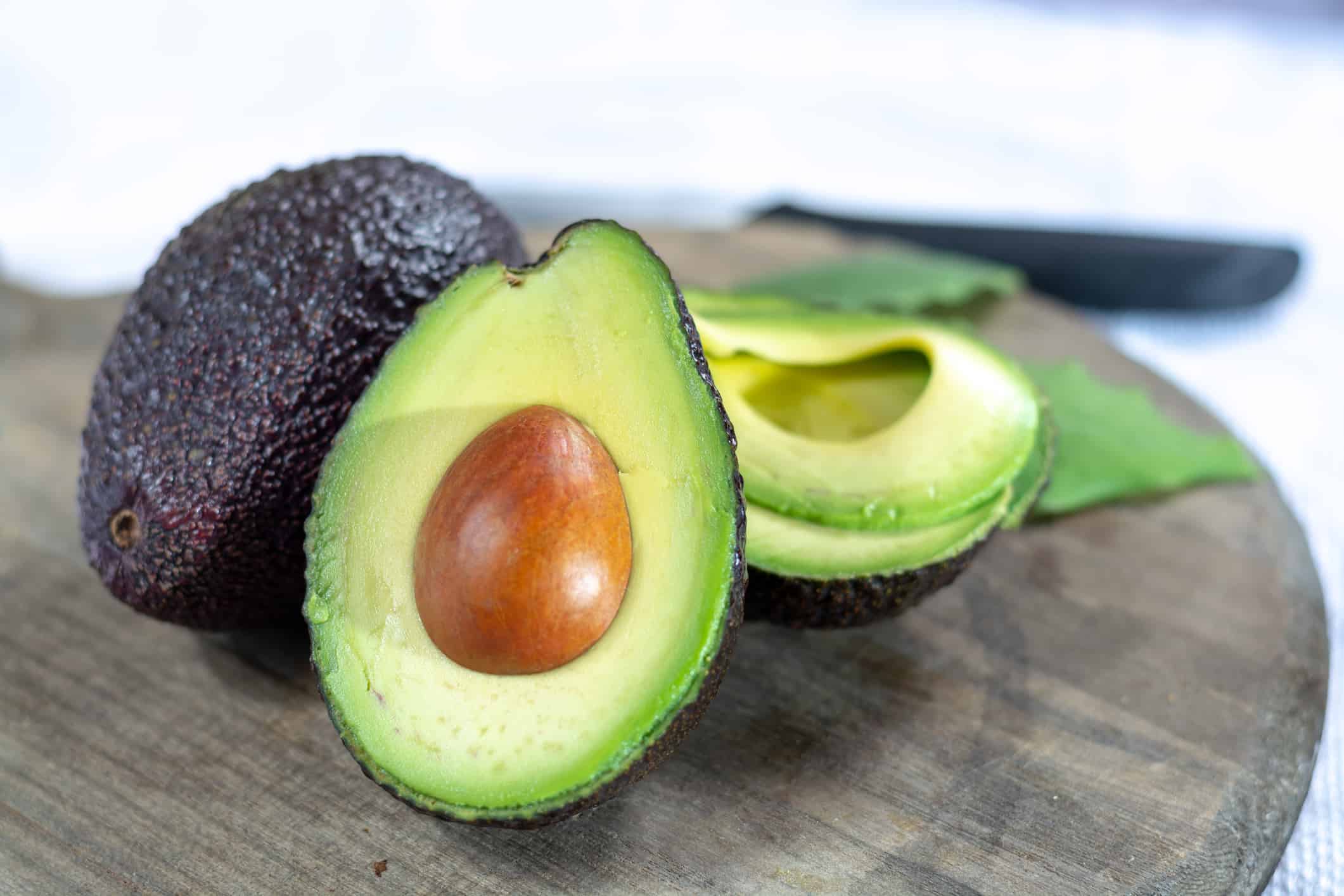
Instead of giving avocado, consider a crunchy green vegetable with less fat.
©barmalini/iStock via Getty Images
The biggest risk of consuming avocado is the fat content. This fat is hard to swallow for some parakeets, which is why it should be avoided. While avocados are highly nutritious, the fat and the pit make it one of the worst foods for a parakeet.
BEST FOOD: Butternut Squash
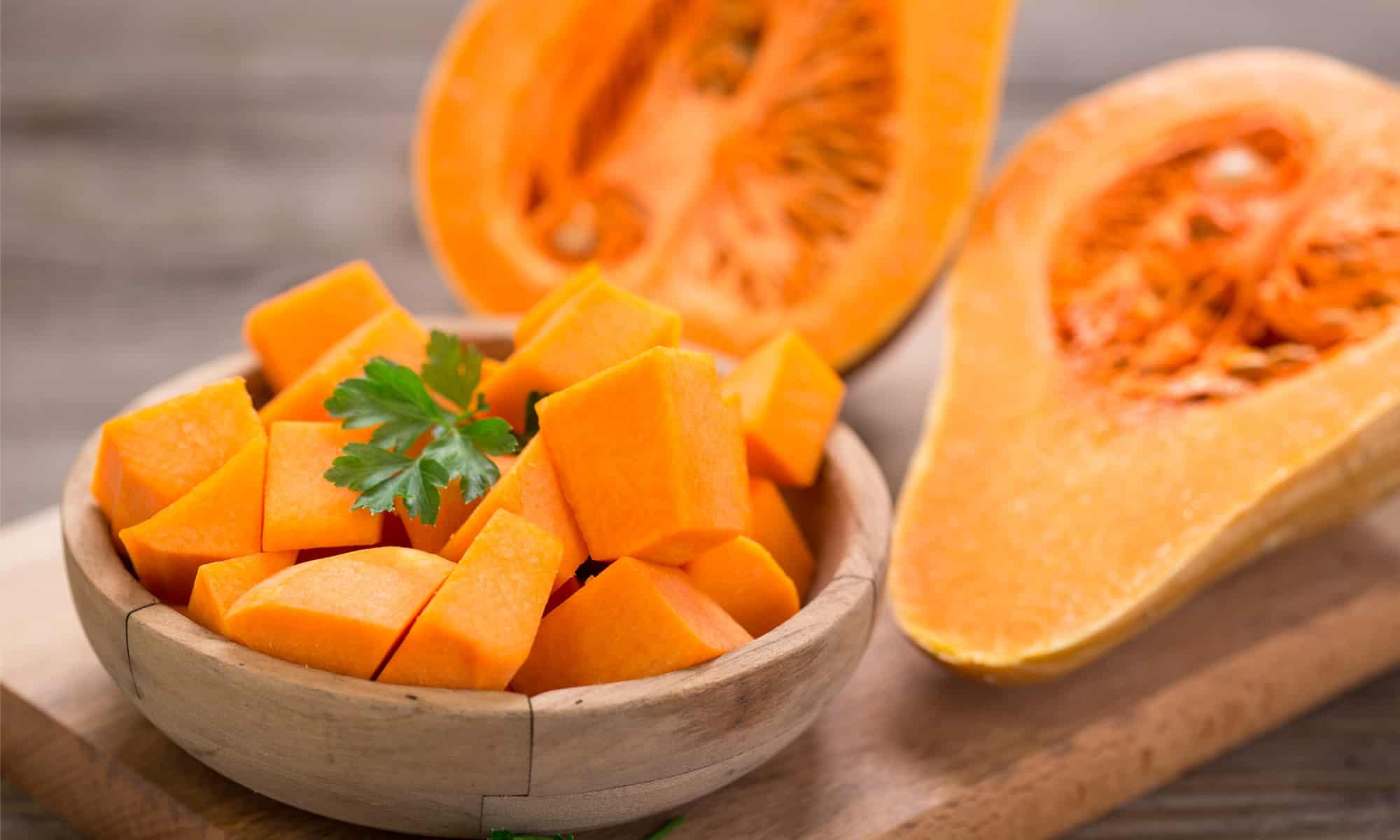
As an excellent source of fiber, butternut squash is a healthy food for parakeets.
©iStock.com/pilipphoto
Butternut squash offers calcium, zinc, and many vitamins that are essential to your bird’s health. While some foods are too rigid to serve as they are, squash is a great addition to their diet as a cooked or raw vegetable.
WORST FOOD: Grapefruit
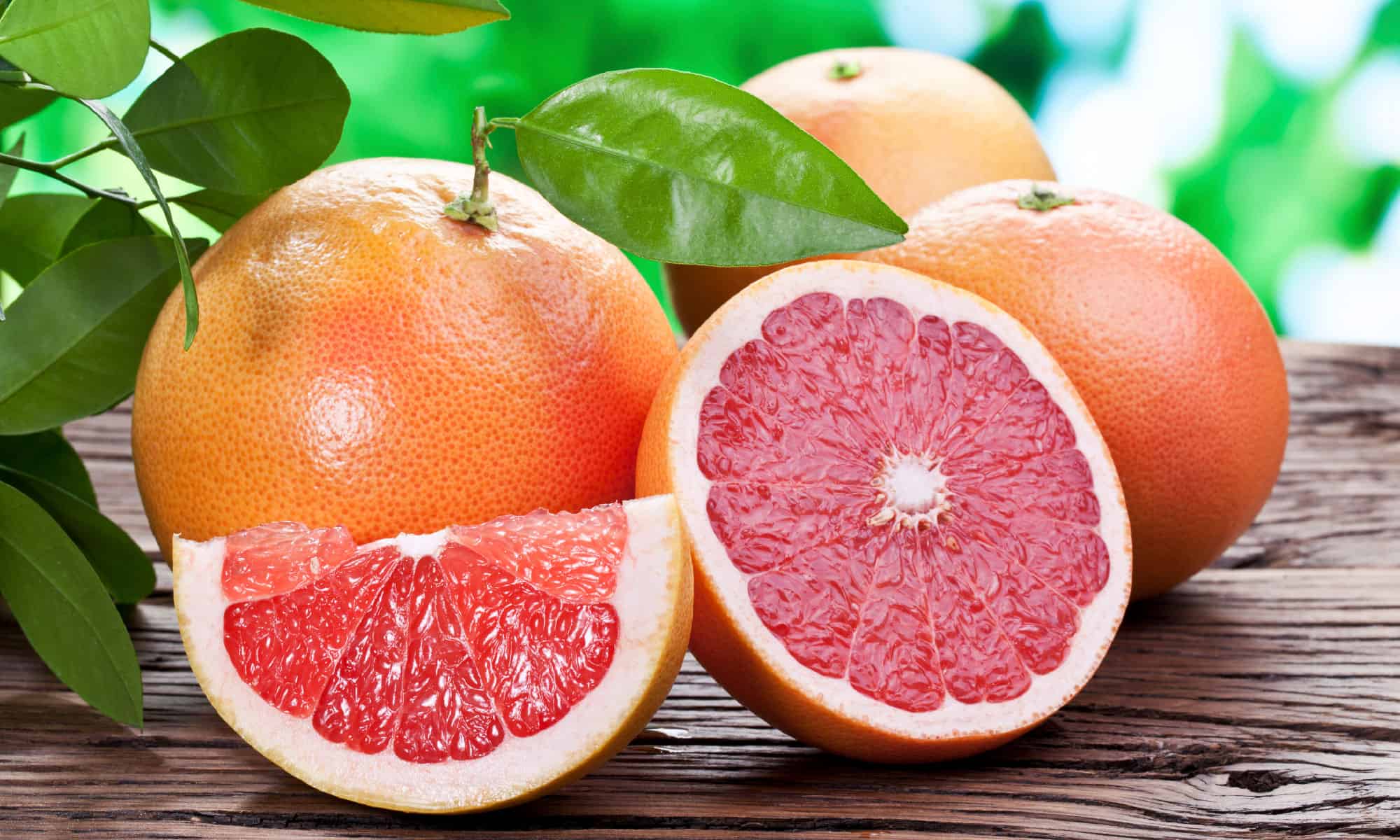
Like other citrus fruits, grapefruit is not safe for your parakeet.
©iStock.com/ValentynVolkov
For the most part, fruits are a welcomed part of your parakeet’s diet, but that is not true for grapefruits. While it is possible to feed them grapefruit in moderation, the citric acid affects their stomach in the same way that lemons and limes do.
BEST FOOD: Sweet Potatoes
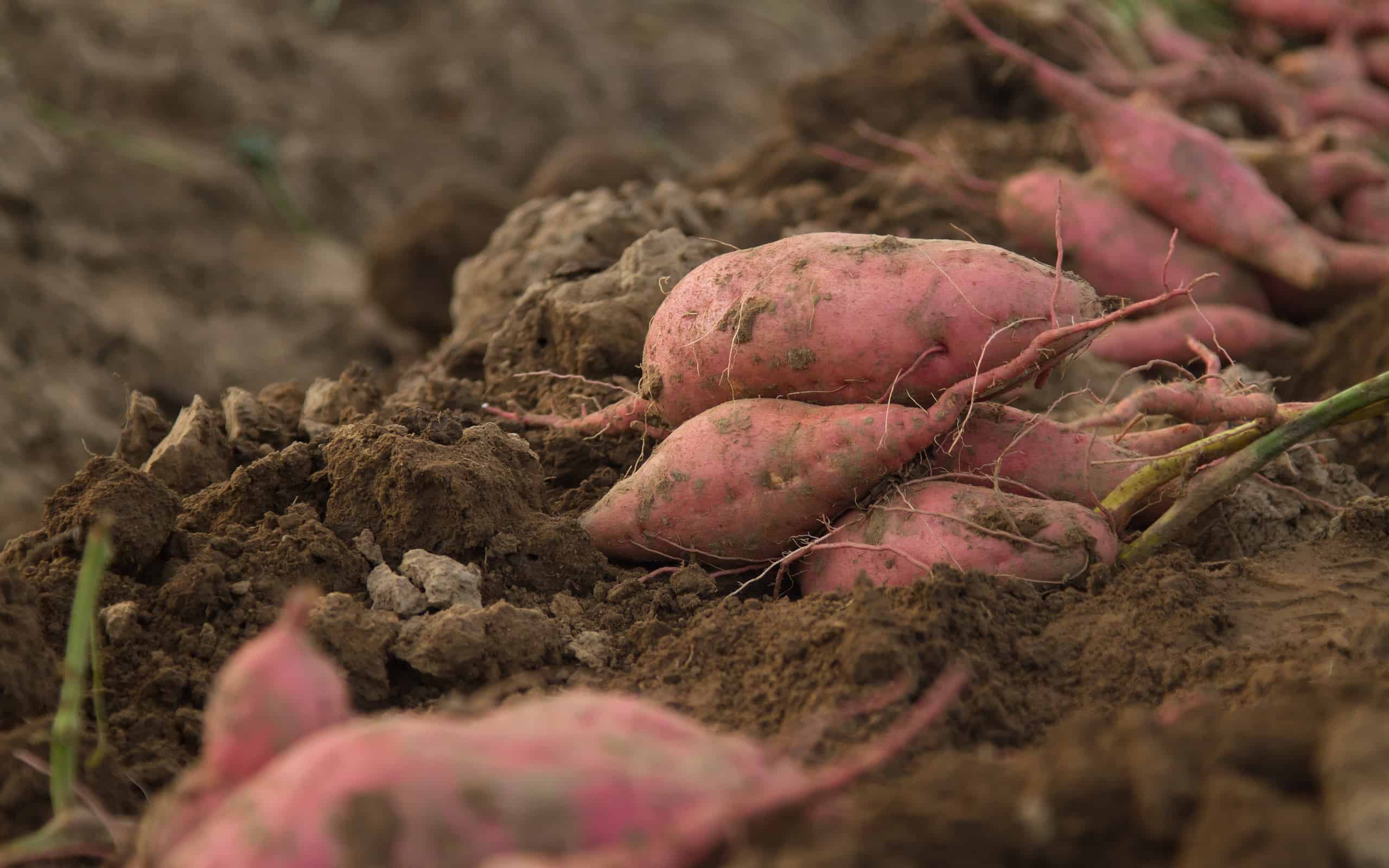
Sweet potatoes offer a rich amount of vitamins A and C, which parakeets need regularly.
©piyaset/ via Getty Images
When it comes to root vegetables, your parakeet thrives with the abundance of nutrients found in sweet potatoes. Along with many important vitamins, this vegetable supports their energy needs without adding much sugar to their diet. Since parakeets need a balanced diet, sweet potatoes are just as safe as carrots or even certain fruits. Make sure to cook the sweet potatoes first, leaving out any oil, salt, or spices that you ordinarily put in your own recipes.
WORST FOOD: Raw White Potatoes
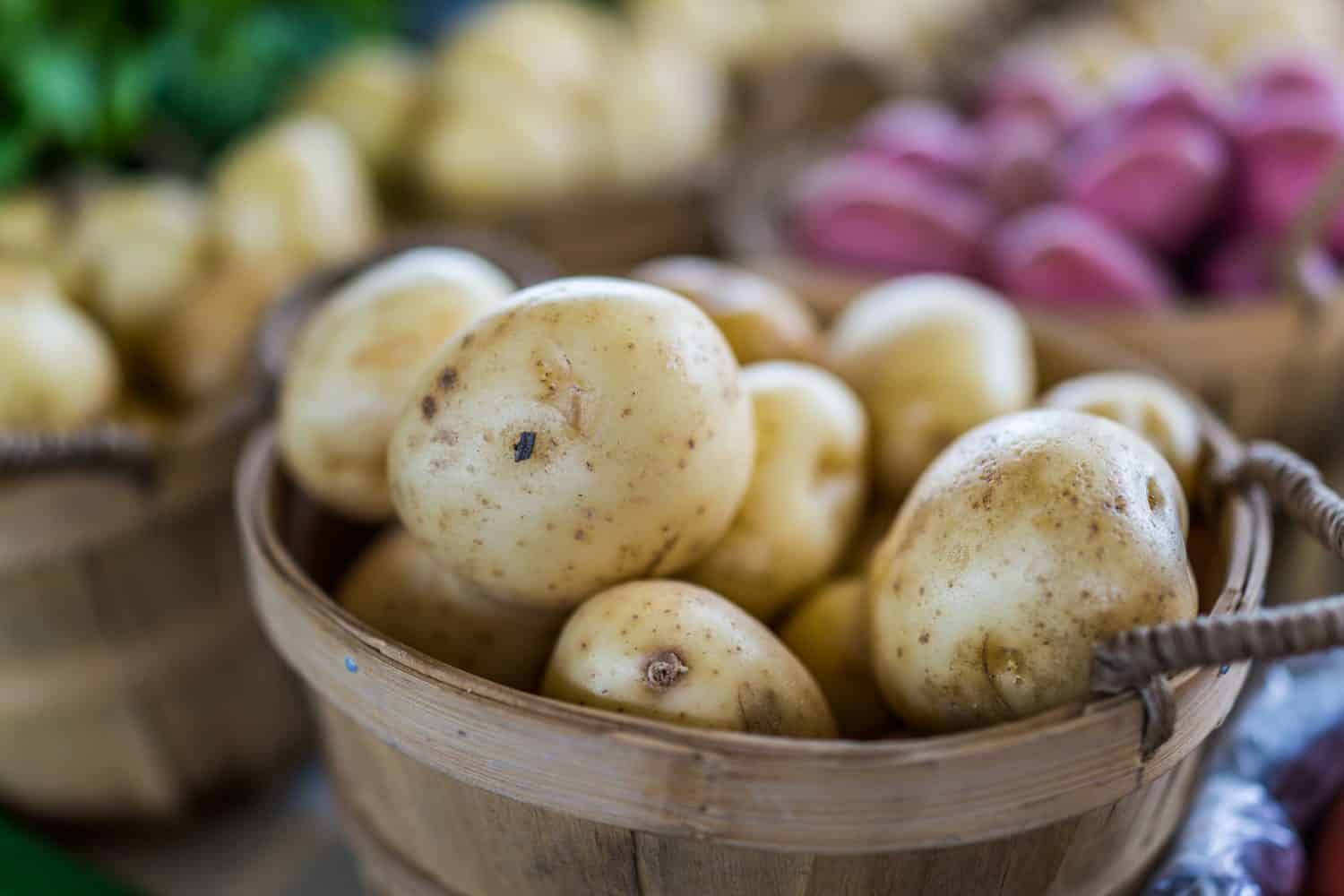
White potatoes are dangerous to parakeets when raw.
©Kristi Blokhin/Shutterstock.com
While sweet potatoes are loaded with support for energy, digestion, and more, stay away from uncooked white potatoes. The first mistake that users make with white potatoes is leaving them raw because of the enzymes that naturally exist in raw potatoes—consuming them before cooking damages your parakeet’s ability to break down food. While mashed potatoes without any other ingredients might be appetizing, never offer raw starches to your bird.
BEST FOODS: Cabbage
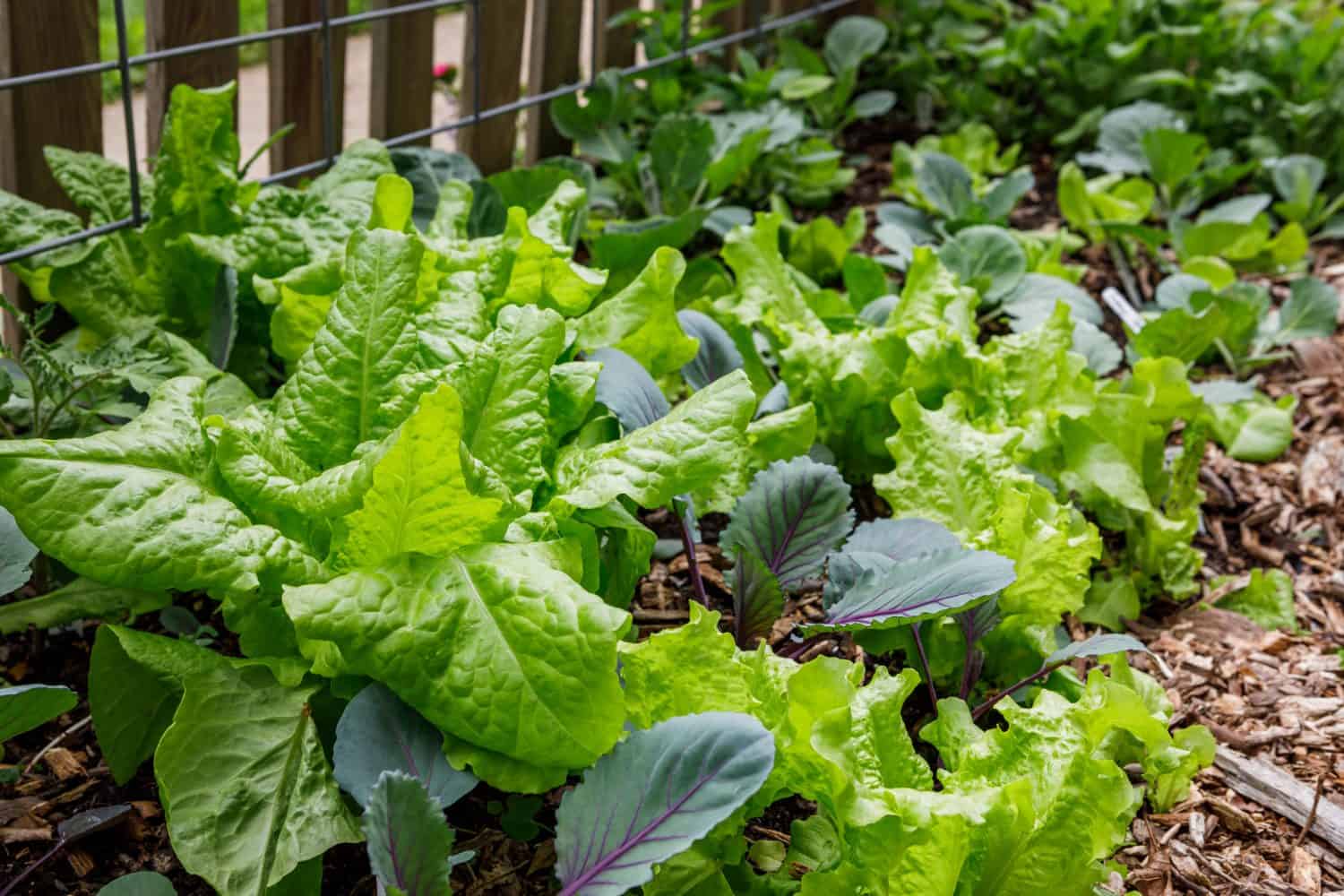
Consuming cabbage isn’t bad for parakeets, but other leafy vegetables offer more nutrients.
©eurobanks/Shutterstock.com
Cabbage is a unique vegetable for parakeets because, while it isn’t toxic, it doesn’t hold much nutritional value. There are many vegetables that offer much more nutrients for your bird, but cooked cabbage in small quantities is tasty. If you have the choice of cabbage or other leafy greens, choose the latter. However, if you need some cooked vegetables in a pinch, cabbage is safe.
WORST FOOD: Garlic And Onions
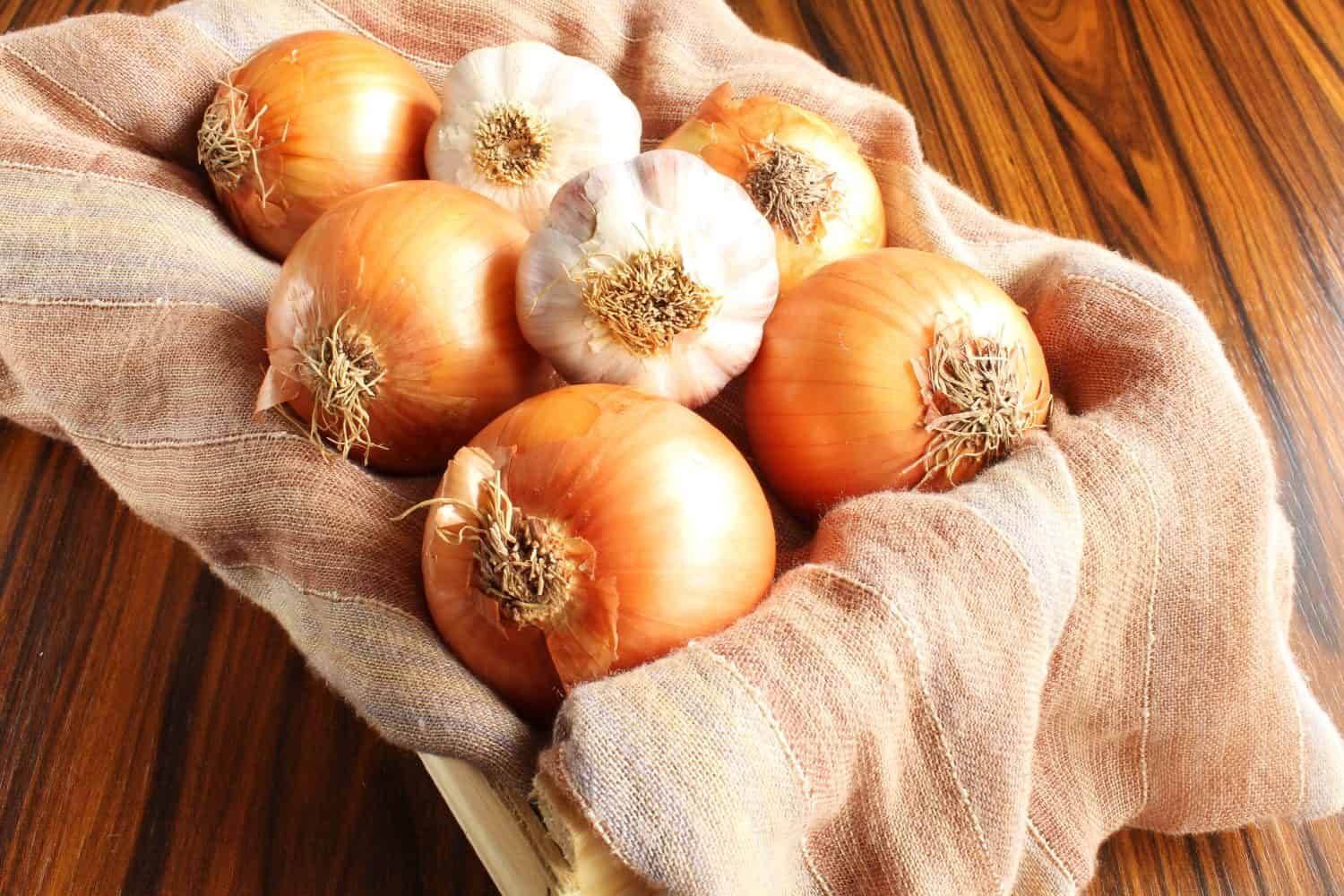
Onions and garlic both contain compounds that put parakeets at risk of anemia.
©Miss Pop/Shutterstock.com
Some of the most dangerous foods for birds and other domestic animals are onions and garlic. Once they start to chew, onions release sulfur that hurts their mouth and throat, leading to problems like ulcers and anemia. In garlic, parakeets have the same risks because of the natural allicin in it. Stay away from these foods when preparing your bird’s meals to keep them healthy.
BEST FOOD: Dark Leafy Greens

Choosing a bed of dark greens with your parakeet’s grains improves balance in their digestive system.
©Melica/Shutterstock.com
When you find dark, leafy greens, you have the perfect snack or meal for your parakeet. Whether you pick kale, spinach, or even dandelion greens, always go as dark as you can. The depth of their green hue is an indication of incredible nutrients. During their meal, serve greens with other foods like seeds and pellets if they are hesitant at first.
WORST FOOD: Honey
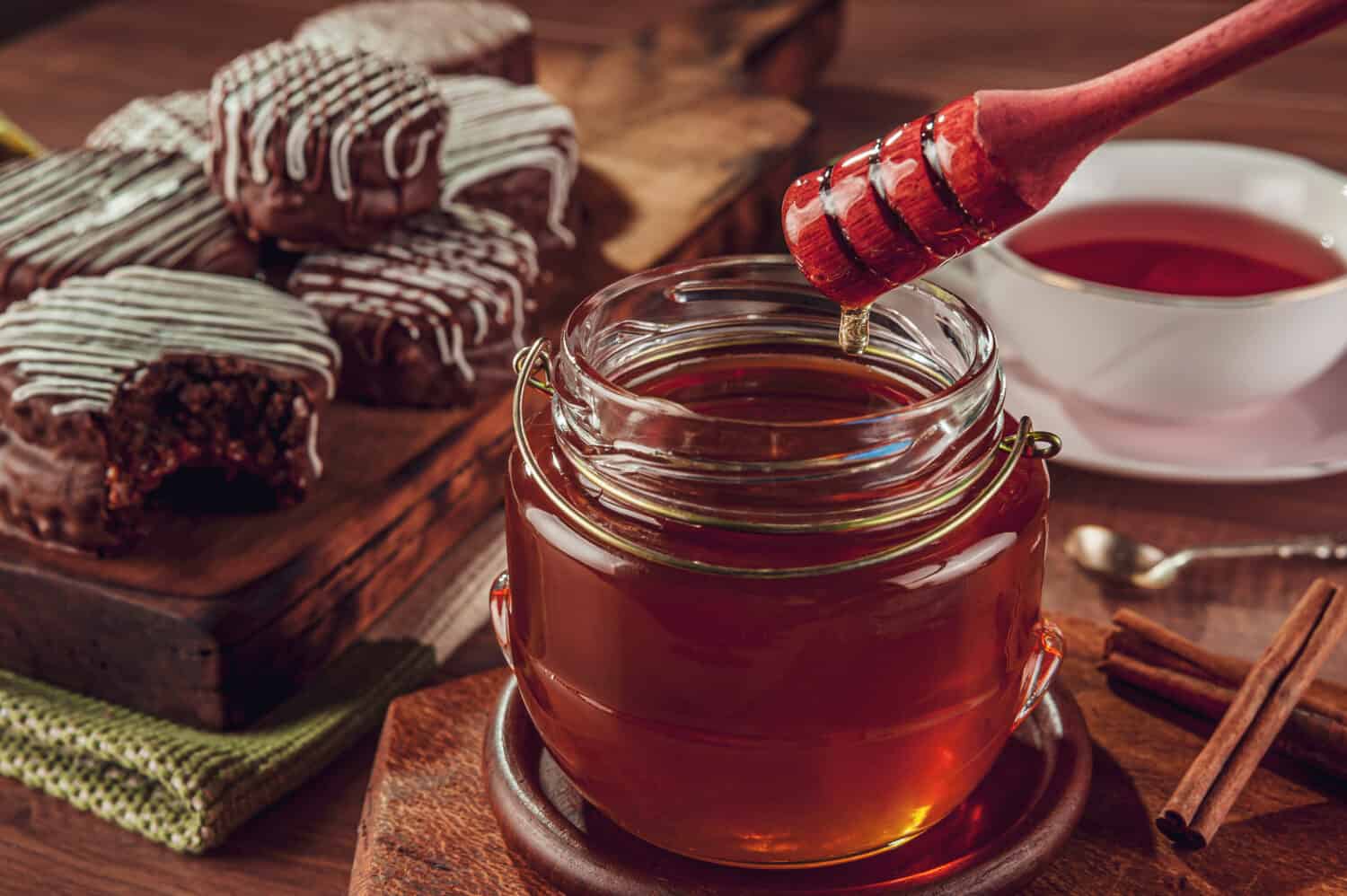
If you want to maintain the rest of their balanced diet, honey should stay off the menu.
©Tibilletti/Shutterstock.com
Honey has a sweet and tempting smell that might attract parakeets, but don’t let them eat it. The natural bacteria in honey are dangerous to their digestive system. While a small amount might be safe, err on the side of caution. Once they try honey, it is hard to get them to eat other foods.
BEST FOOD: Nuts And Seeds
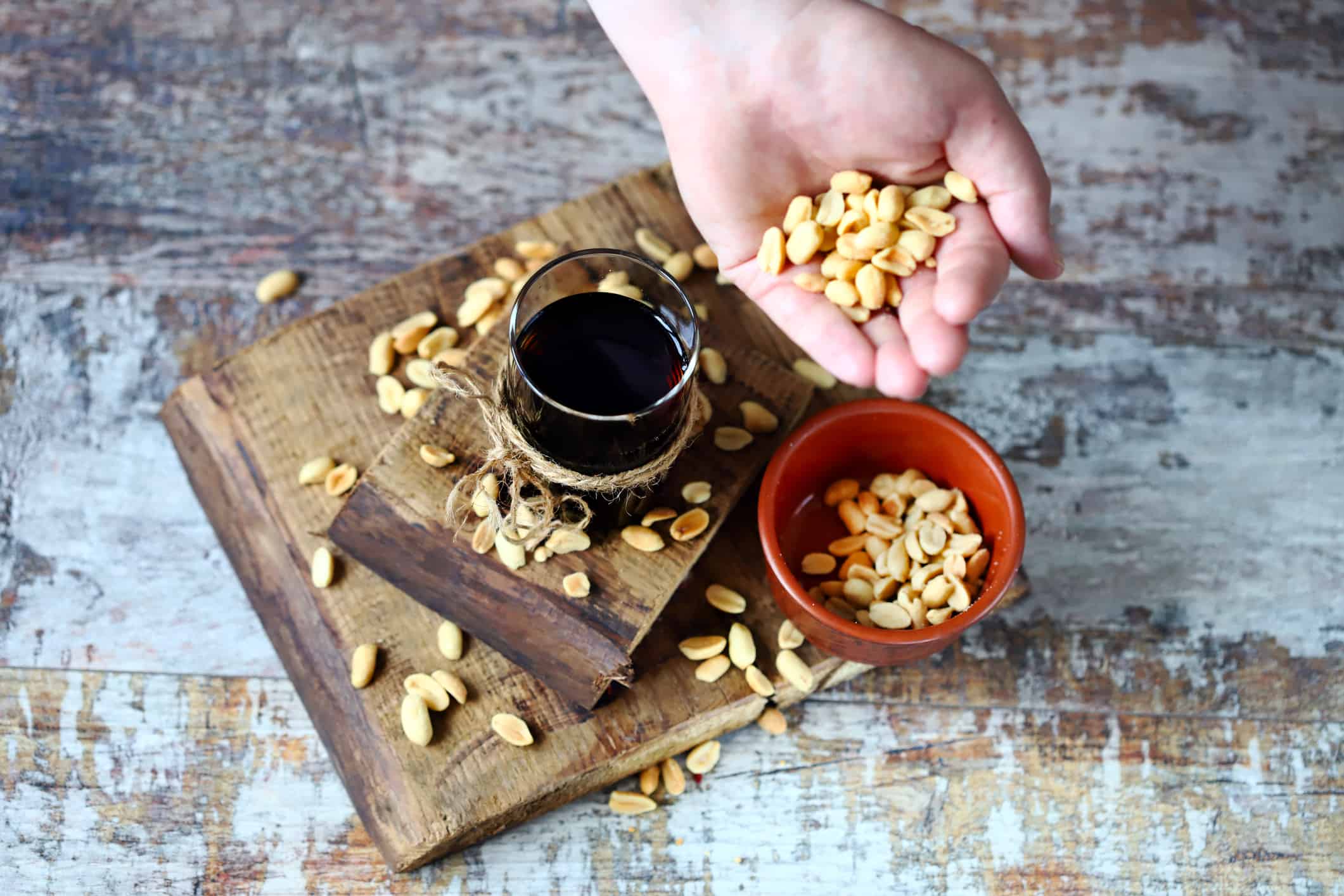
While nuts support the nutritional needs of your bird, they should be fed in moderation.
©Oksana Shyriaieva/iStock via Getty Images
Nothing is more appetizing to a parakeet than a healthy assortment of nuts and seeds. The range of nuts and seeds that they can have is lengthy, including everything from acorns and Brazil nuts to pistachios and pumpkin seeds. These foods are filled with protein, vitamins, and minerals. To promote better digestion, make sure to add leafy greens to their bowl.
WORST FOOD: Bread And Crackers
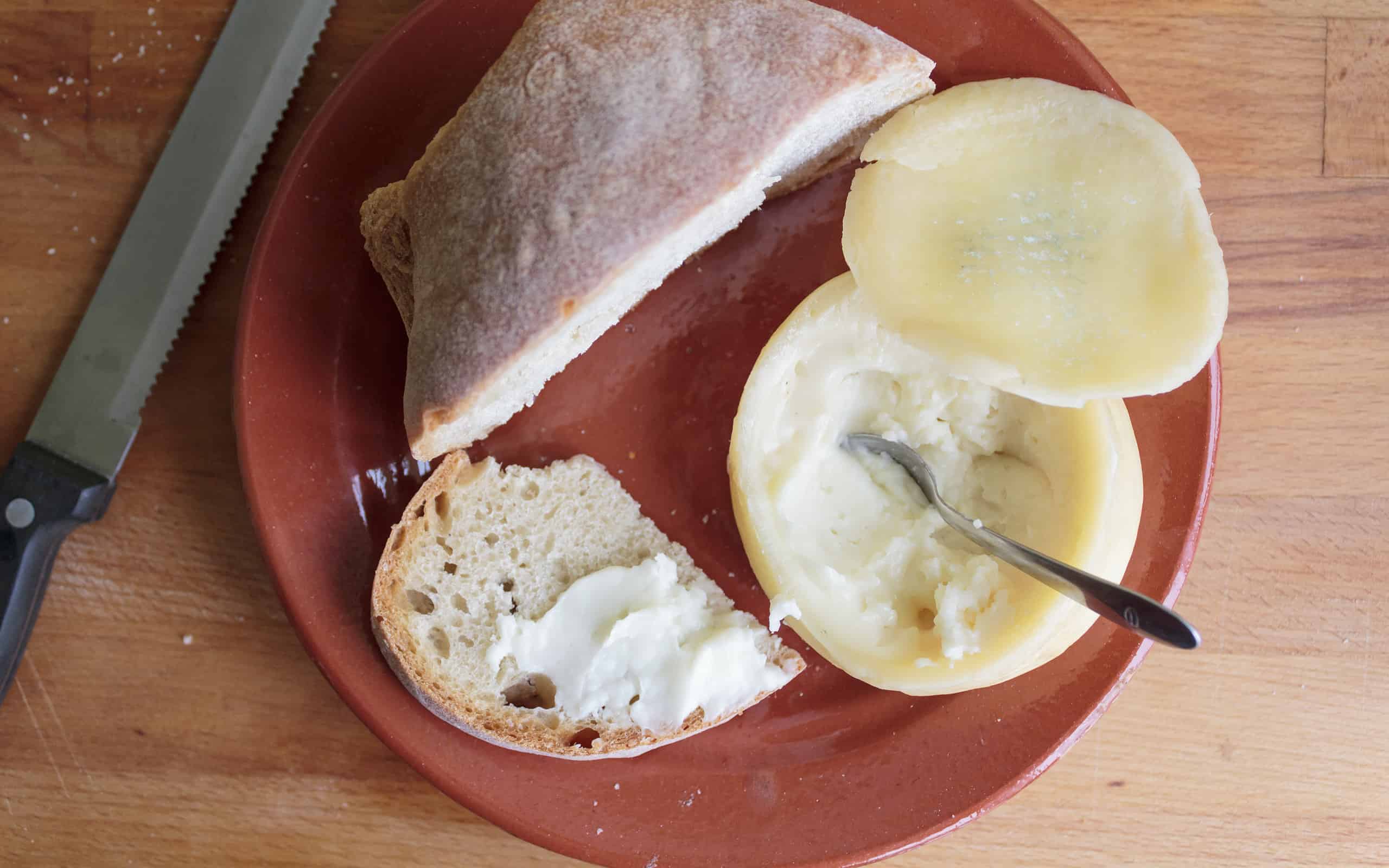
Bread isn’t toxic for birds directly, but it loads their small body with unnecessary calories.
©rfranca/iStock via Getty Images
If you want to give your bird a nutritious meal, bread and crackers are not the best options. They are just as bad as junk food is for humans, leading to malnutrition and weight problems. Considering their small frame, this extra weight is dangerous. Make sure to find pellets and other foods that fill out their nutritional needs instead.
BEST FOOD: Cooked Rice And Quinoa
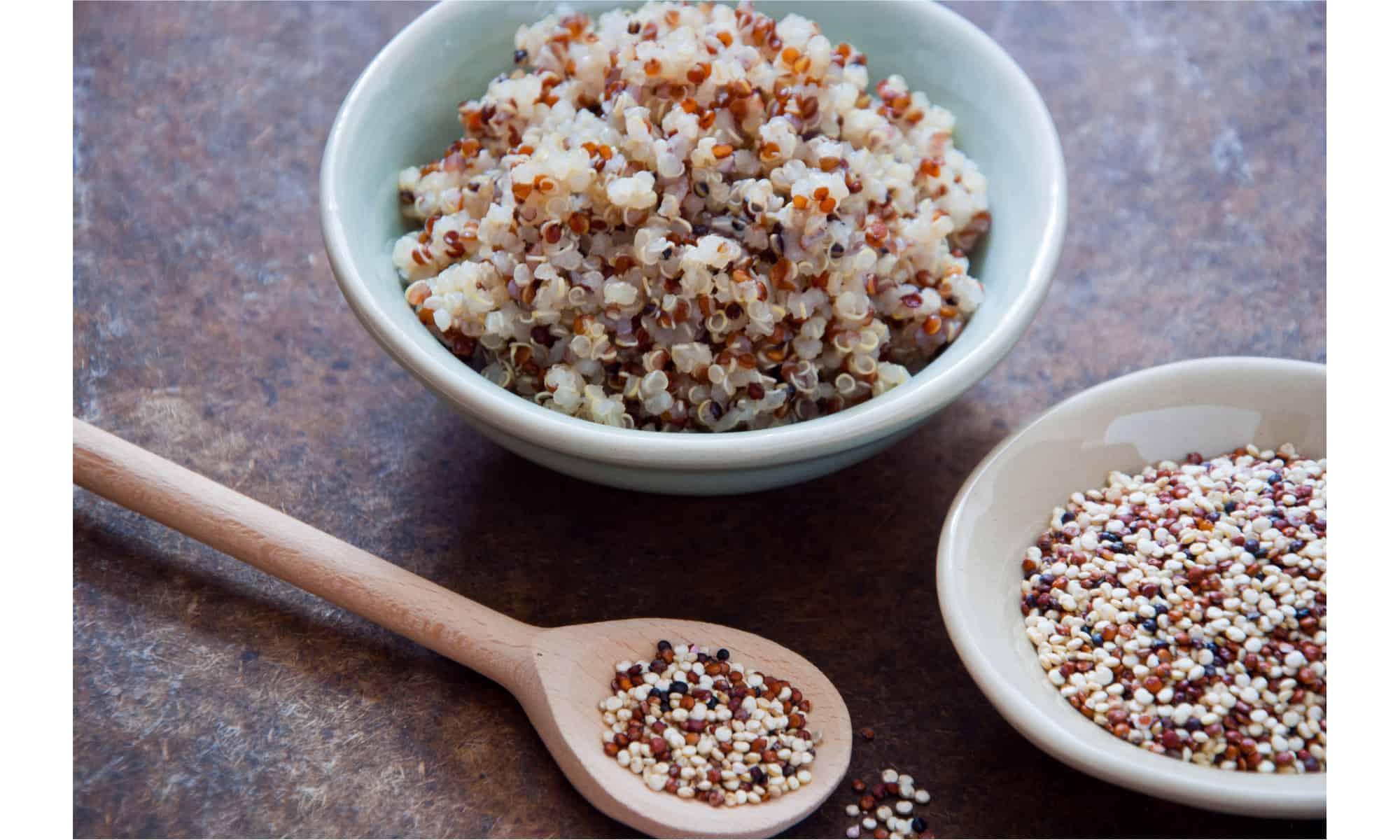
Always cook quinoa before giving it to your parakeet.
©iStock.com/letterberry
Another favorite of parakeets is quinoa, which is a perfect grain for their nutritional needs. Offering substantially more nutrients than almost any grain to offer them, quinoa is ideal for daily nutrition. To prepare quinoa, it must be cooked, but avoid seasoning it. Like the other foods on this list, any salt or other seasonings are unsafe for your parakeet.
WORST FOOD: Pitted Fruits
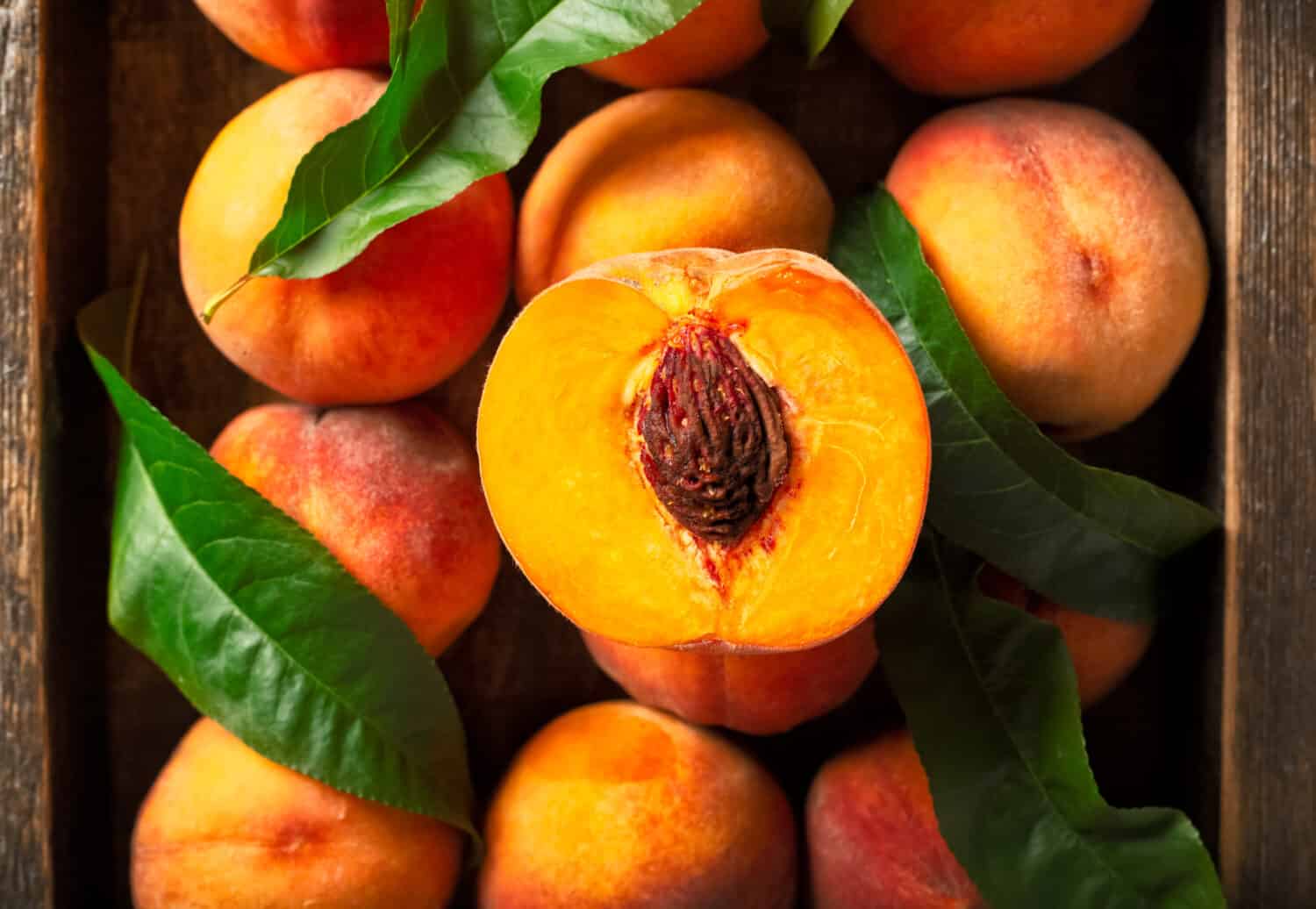
Some fruits, like melons or pumpkins, are safe once you remove the pit.
©beton studio/Shutterstock.com
No matter what pitted fruit you choose, don’t give it to your parakeet without a little preparation. The pits inside have a cyanide compound, which puts your bird at risk of heart complications.
BEST FOOD: Blackberries
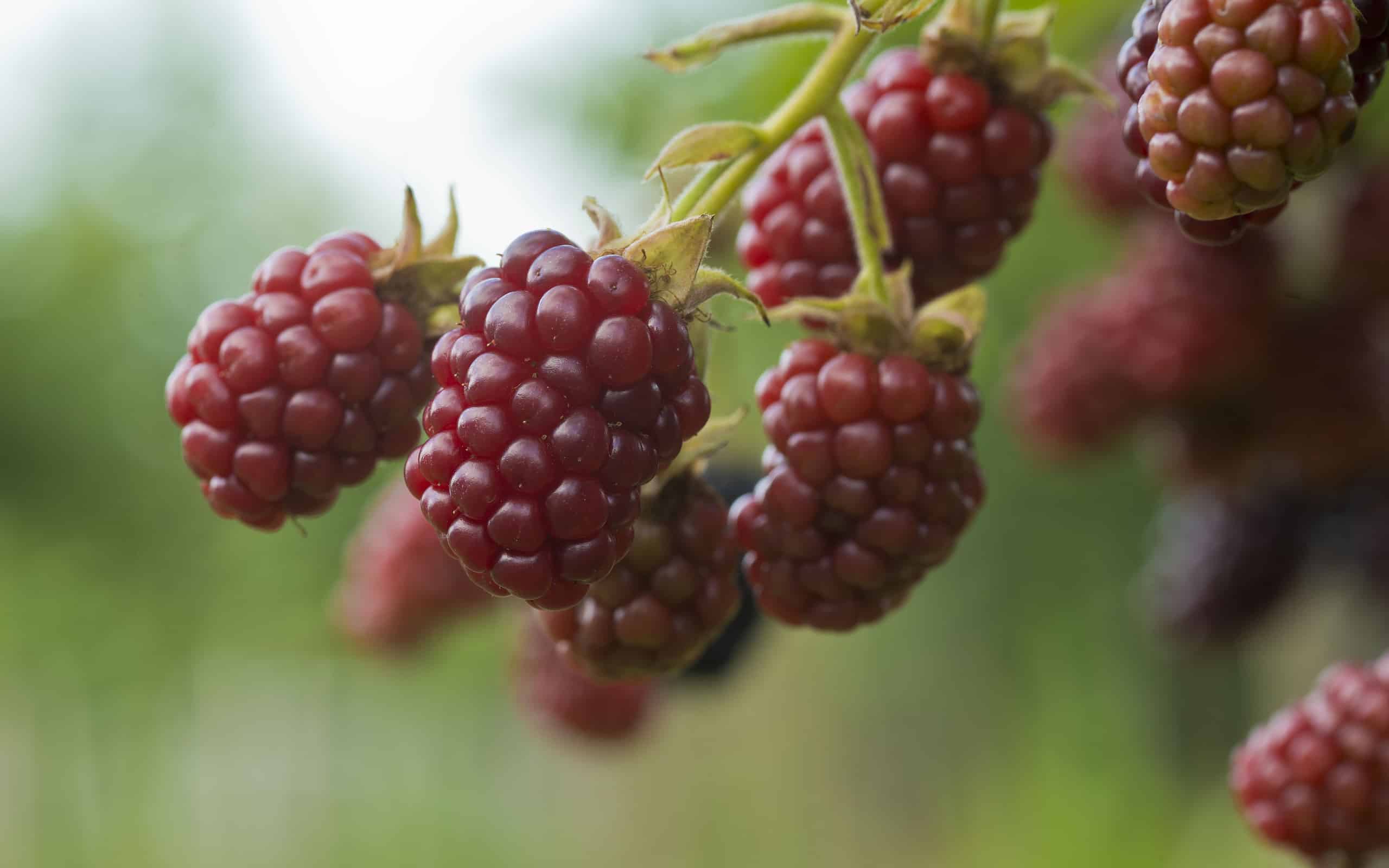
Along with parakeets, birds like woodpeckers and sparrows are also fans of blackberries.
©marefoto/ via Getty Images
Blackberries come with many vitamins and minerals that are healthy for birds. As a general rule of thumb, if you eat the blackberries you want to give your parakeet, they are safe.
WORST FOOD: Nutmeg
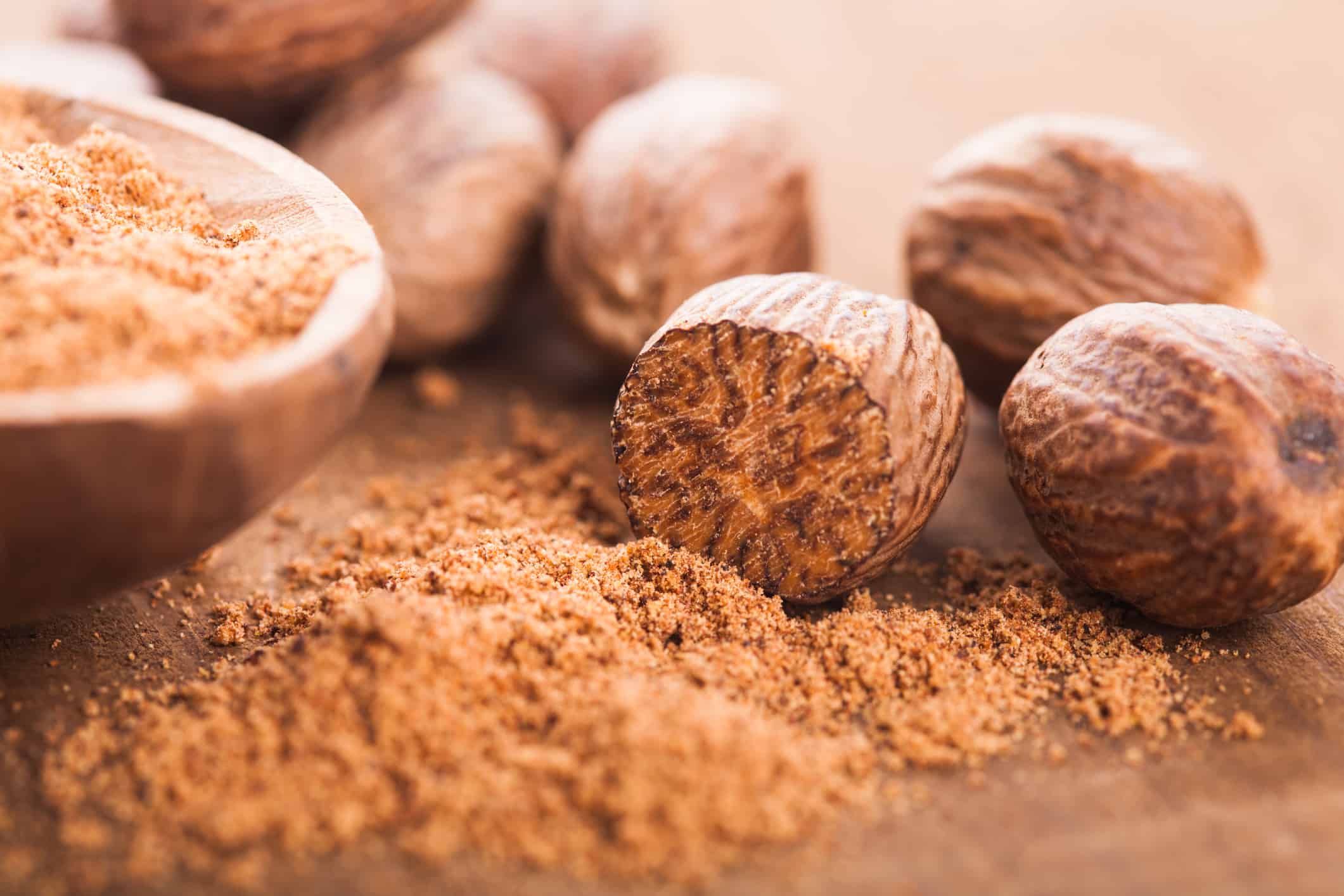
Whenever you make your parakeet’s food for the day, avoid spices like nutmeg.
©oksix/iStock via Getty Images
One of the biggest toxins that parakeets face in nutmeg is called myristicin. In high enough concentrations, some animals experience hallucinations, even if they have no more than a teaspoon. The onset of symptoms happens fast, so make sure to keep an eye on your parakeet whenever they leave their cage.
BEST FOOD: Blueberries
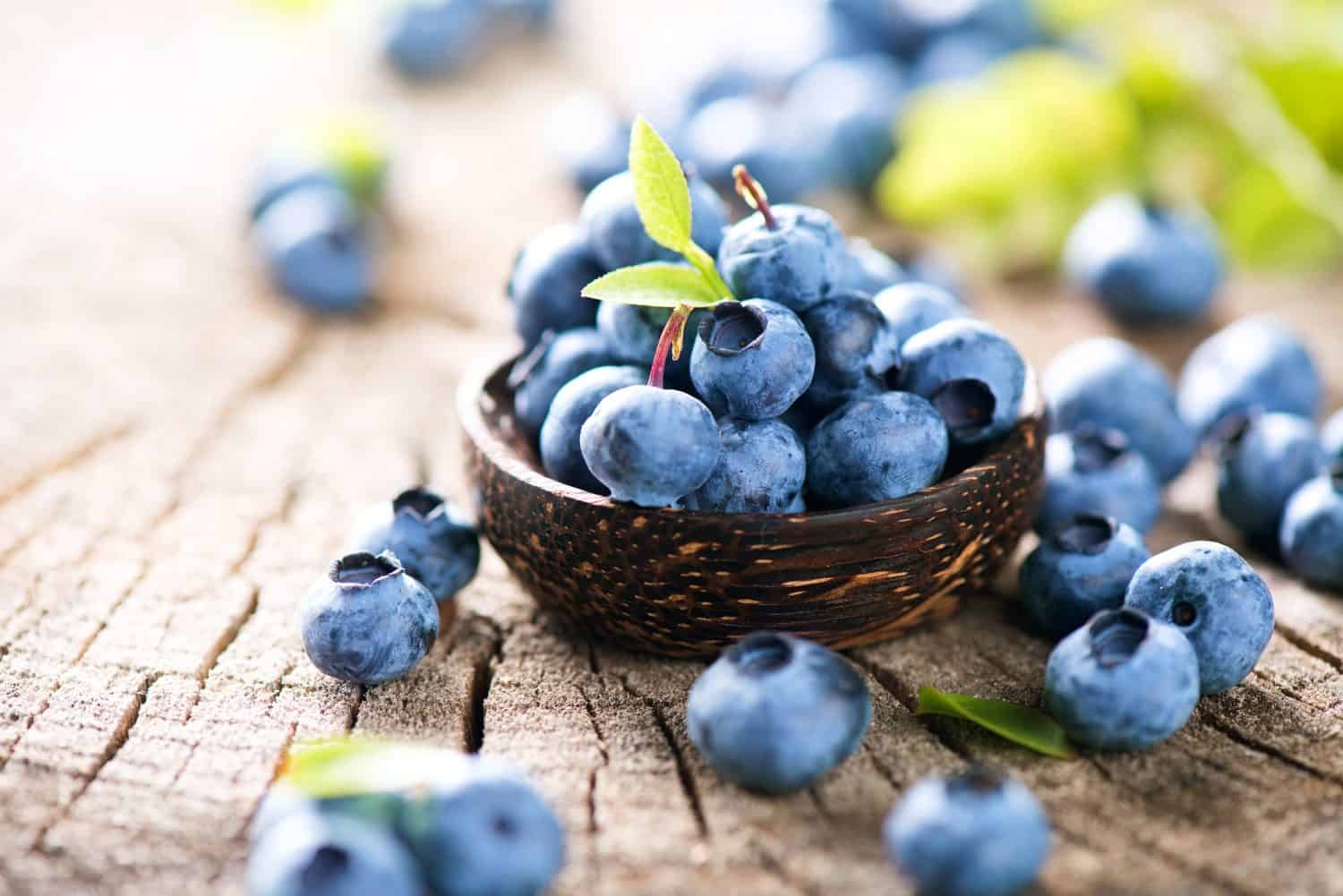
Blueberry seeds don’t have to be removed before serving them to your parakeet.
©Subbotina Anna/Shutterstock.com
The biggest advantage of blueberries is their abundance of vitamins A, C, and K. With few calories and plenty of antioxidants, add them to your parakeet’s daily food for an added boost.
WORST FOOD: Mushroom
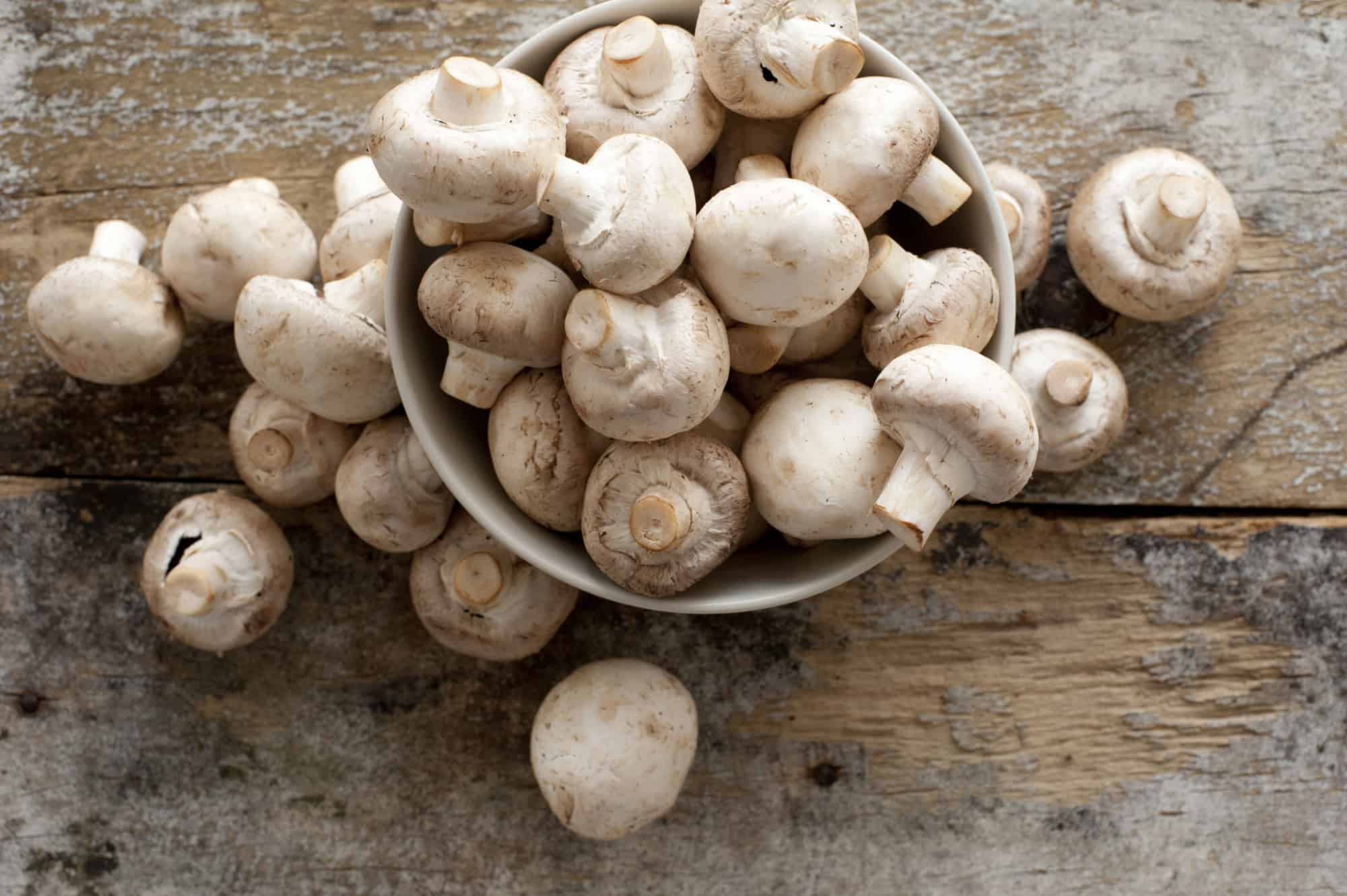
Amanita and toadstool mushrooms are dangerous for parakeets and other birds.
©Stephen Gibson/Shutterstock.com
Exotic mushrooms contain compounds in their stem and caps that harm birds. While some mushrooms are safe (like white button and cremini), wild mushrooms could cause liver failure.
Best And Worst Foods For Parakeets: A Summary
| Worst Foods | Best Foods |
| Citrus fruit | Bok choy |
| Raw beans | Broccoli |
| Cheese | Brussel sprouts |
| Fish and seafood | Carrots |
| Avocados | Butternut squash |
| Grapefruit | Sweet potatoes |
| Raw white potatoes | Cabbage |
| Garlic and onions | Dark leafy greens |
| Honey | Nuts and seeds |
| Bread and crackers | Cooked rice and quinoa |
| Pitted fruits | Blackberries |
| Nutmeg | Blueberries |
| Mushroom |
The photo featured at the top of this post is © Manakin/iStock via Getty Images
Thank you for reading! Have some feedback for us? Contact the AZ Animals editorial team.







